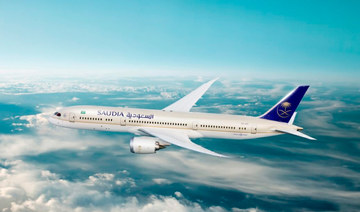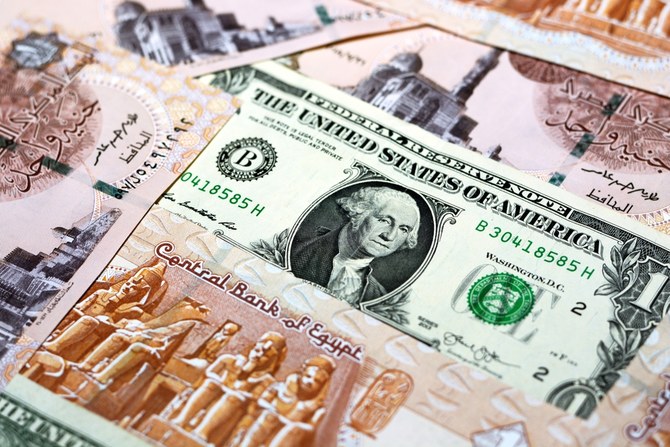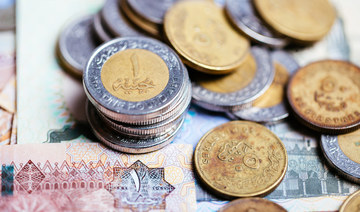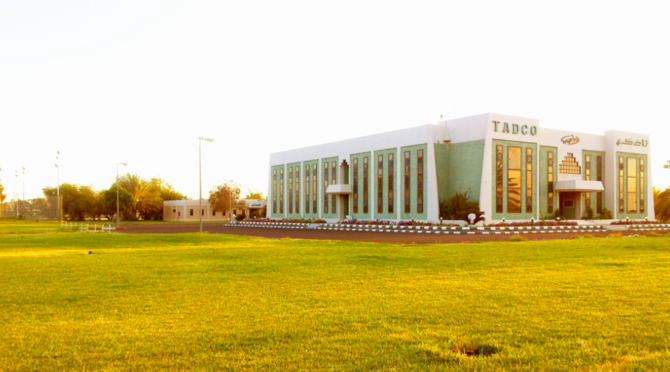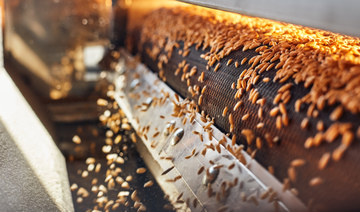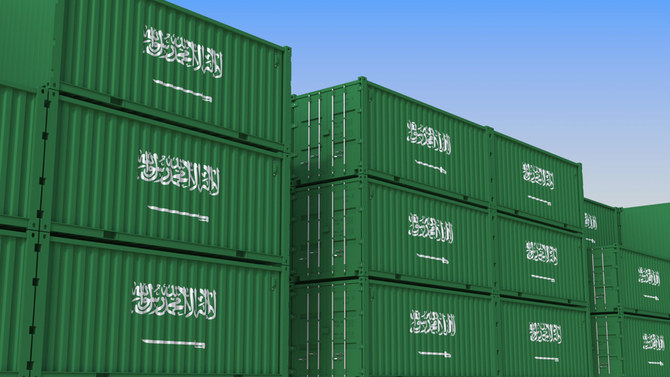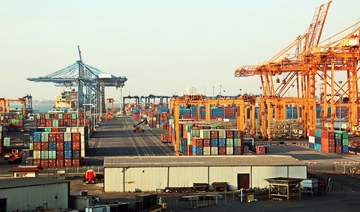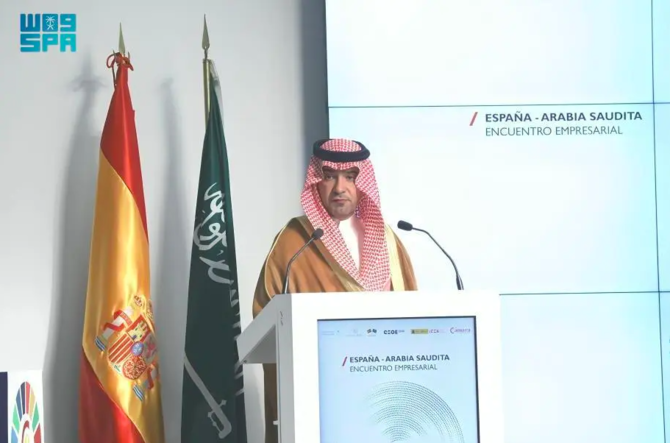FRANKFURT: BMW has named Oliver Zipse as its new CEO, continuing the German carmaker’s tradition of promoting production chiefs to the top job even as the auto industry expands into new areas such as technology and services.
Hailing Zipse’s “decisive” leadership style, BMW hopes the 55-year-old can help it win back its edge in electric cars and the premium market from rival Mercedes-Benz.
But some analysts questioned whether Zipse was the right choice with new fields such as software and services like car-sharing becoming increasingly important.
“What is intriguing is the cultural bias to appoint the head of production. It works sometimes but ... being good at building cars is not a defining edge the way it was 20 years ago,” said Jefferies analyst Philippe Houchois.
Current CEO Harald Krueger, and former chiefs Norbert Reithofer, Bernd Pischetsrieder and Joachim Milberg were all former production heads.
Zipse joined BMW as a trainee in 1991 and served as head of brand and product strategies and boss of BMW’s Oxford plant in England before joining the board.
He will become chief executive on Aug. 16, taking over from Krueger who said he would not be available for a second term.
“With Oliver Zipse, a decisive strategic and analytical leader will assume the Chair of the Board of Management of BMW. He will provide fresh momentum in shaping the future,” said Reithofer.
Zipse helped expand BMW’s efficient production network in Hungary, China and the US, in a move that delivered industry-leading profit margins.
Under Krueger, BMW was overtaken in 2016 by Mercedes-Benz as the best-selling luxury car brand.
It also had an early lead over US rival Tesla in electric cars, but scaled back ambitions after its i3 model failed to sell large numbers.
Reithofer initially championed Krueger’s low-key consensus-seeking leadership, but pressured him to roll out electric vehicles more aggressively, forcing Krueger to skip the Paris Motor Show in 2016 to reevaluate BMW’s electric strategy.
Krueger’s reluctance to push low-margin electric vehicles led to an exodus of talented electric vehicle experts, including Christian Senger, now Volkswagen’s (VW) board member responsible for software, and Audi’s Markus Duesmann, who is seen as a future CEO of the company.
Both were poached by VW CEO Herbert Diess, a former BMW board member responsible for research who was himself passed over for BMW’s top job in 2015.
VW has since pushed a radical 80 billion euro ($90 billion) electric car mass production strategy, and a sweeping alliance with Ford.
Other skills
“A CEO needs to have an idea for how mobility will evolve in the future. This goes far beyond optimising an existing business,” said Carsten Breitfeld, chief executive of China-based ICONIQ motors, and former BMW engineer. “He needs to build teams, attract talent, and promote a culture oriented along consumer electronics and internet dynamics.”
German manufacturers have dominated the high-performance market for decades, but analysts warn shifts towards sophisticated technology and software is opening the door to new challengers.
“Tesla has a lead of three to four years in areas like software and electronics. There is a risk that the Germans can’t catch up,” UBS analyst Patrick Hummel said.
Germany’s Auto Motor und Sport car magazine, normally quick to champion German manufacturers, this week ran a cover questioning BMW’s future.
“Production expertise is important, but if you want to avoid ending up being a hardware provider for Google or Apple, you need to have the ability to move up the food chain into data and software,” a former BMW board member said.







